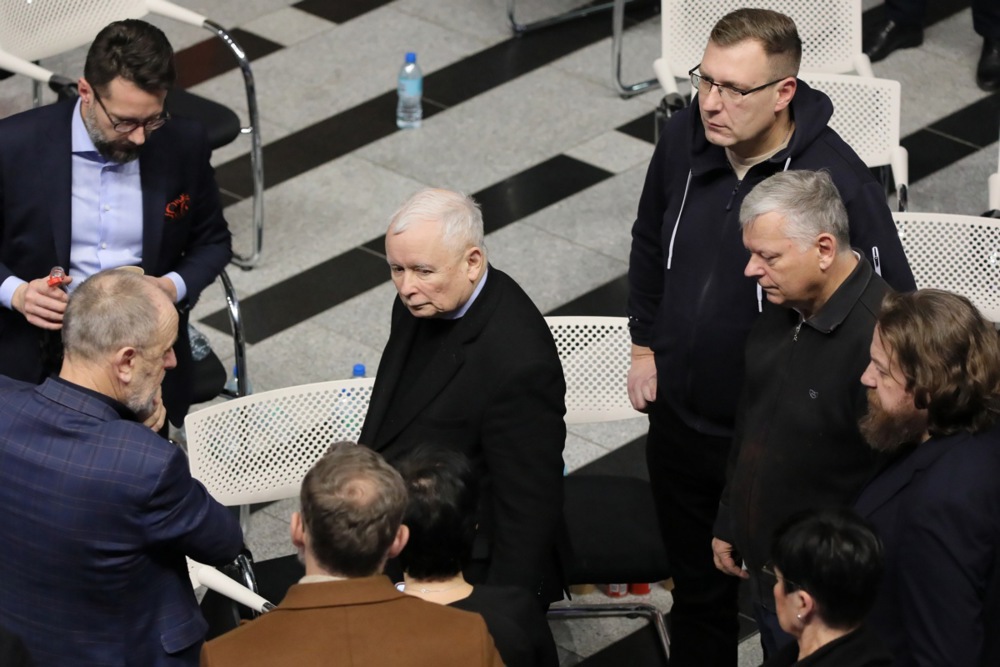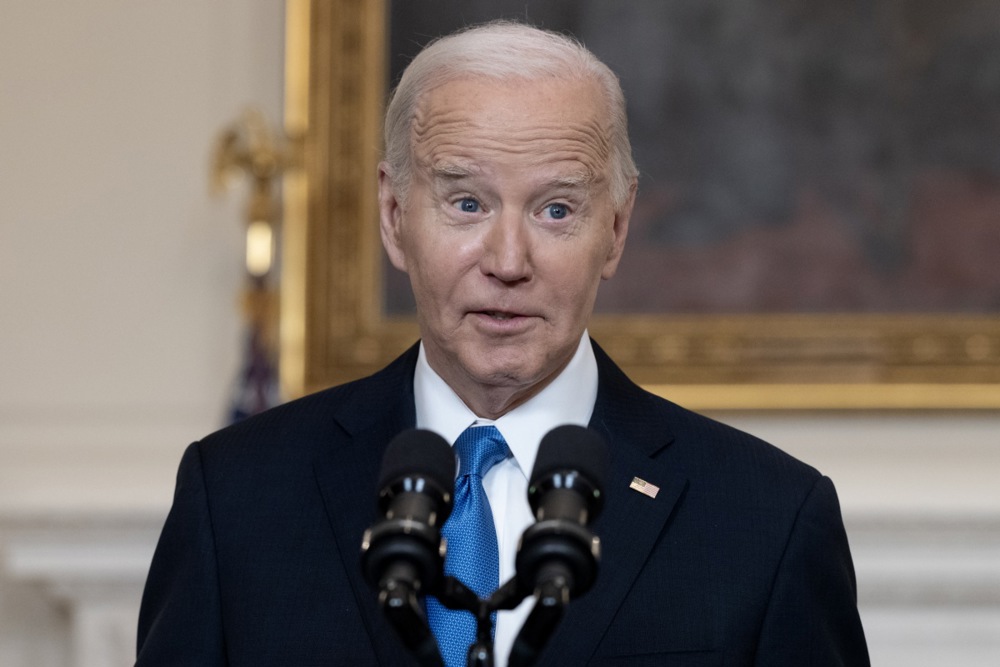Polish Prime Minister Donald Tusk has said his country is ready to take an active part in the German led European Sky Shield Initiative (ESSI) but President Andrzej Duda and the conservative PiS opposition have both called it a “German business project”.
They argued that Poland should concentrate on its Patriots system based air defences instead.
Tusk, speaking after his meeting with Danish Prime Minister Mette Frederiksen on April 15, signalled that Poland wanted to participate in the building of a European air defence system against air and rocket attacks.
It is a venture that follows in the footsteps of the Israeli “Iron Dome” shield which has already successfully protected that country from rocket assaults such as the recent one launched by Iran.
“Denmark, as well as Germany and the UK, are working on a European air and rocket defence system,” Tusk said.
“Iran’s attack on Israel has confirmed the importance of having such an installation.”
The ESSI was further discussed at a meeting of the Polish Government on April 16. There, Tusk clarified that the project would complement, not replace, existing national defence strategies.
He also said Poland would press ahead with the deployment of Patriot missile systems and the development of other Polish-technology air defence systems such as Pilica, Narew and Wisła.
Following his meeting with Slovak President Zuzanna Caputova on April 16, Duda expressed doubts over the proposal.
“Until now, Poland has been building its air defence capability on the Patriot system which we ordered a long time ago,” he pointed out.
“We already have the Patriot launchers in Poland and our personnel have been trained to operate them.”
He said Poland’s air defence system is also dependent on compatibility with F-35 fighter jets, which Poland has ordered from the US and on which its pilots are already training. Duda added that the system was also fully compatible with the US forces and NATO.
He described the ESSI as a “German business project”, which was only in its infancy as it had only begun to be designed two years ago.
Although Duda intimated that he was willing to discuss the initiative as additional back-up, he was sceptical about its viability as the main source of Polish air defences and said he hoped Tusk would concentrate on “the air defence system we have been developing for years”.
The former defence minister with the previous Conservative (PiS) government Mariusz Błaszczak MP was more scathing, saying: “It looks as if you can persuade Donald Tusk to buy anything as long as it has a ‘European’ label on it.
“The dome is a system based on German solutions and last year nine countries decided to give it a miss,” he added.
The different views on air defence strategies indicates that, although Duda and Tusk have vowed to co-operate on national security matters, there are disagreements between them over any future role for European defence initiatives and compatibilities with US and NATO systems.
The ESSI aims to build and develop a ground-based integrated European air defence system including anti-ballistic missile capabilities to protect European air space.
The initiative was launched in 2022 to address what is perceived as a shortfall in European air defences in light of the war in Ukraine and will include collaborative procurement by the European states entering into it.
The ESSI is independent of NATO because it includes neutral states such as Austria and Switzerland. France, Italy and at least for now Poland are the major NATO countries in Europe that have not joined the initiative. Greece and Turkey have recently joined.





